Our team combines advanced veterinary dentistry expertise with compassionate care in a stress-free environment – making every visit a positive experience for your beloved companion.
Did you know that most dogs and cats already show signs of periodontal disease by age three? This silent condition not only affects your pet’s mouth but can lead to serious health problems throughout their body. Left untreated, dental disease allows bacteria to enter the bloodstream, potentially damaging vital organs like the heart, liver, and kidneys—all while your pet suffers in silence since animals instinctively hide their pain.
At Murieta Pet Hospital, we understand the importance of pets’ dental health for their overall well-being and pet’s health. Our comprehensive dental services help prevent and treat dental disease, ensuring your furry family member enjoys a healthier, more comfortable life. As a family-owned practice right here in Rancho Murieta, we treat your pets like our own family members, which is why we’re passionate about keeping those sweet smiles healthy and pain-free. From routine cleanings to advanced care, including specialized procedures like jaw fracture repair surgeries, our skilled veterinary team provides the dental treatment your pet needs in a comfortable, stress-free environment.
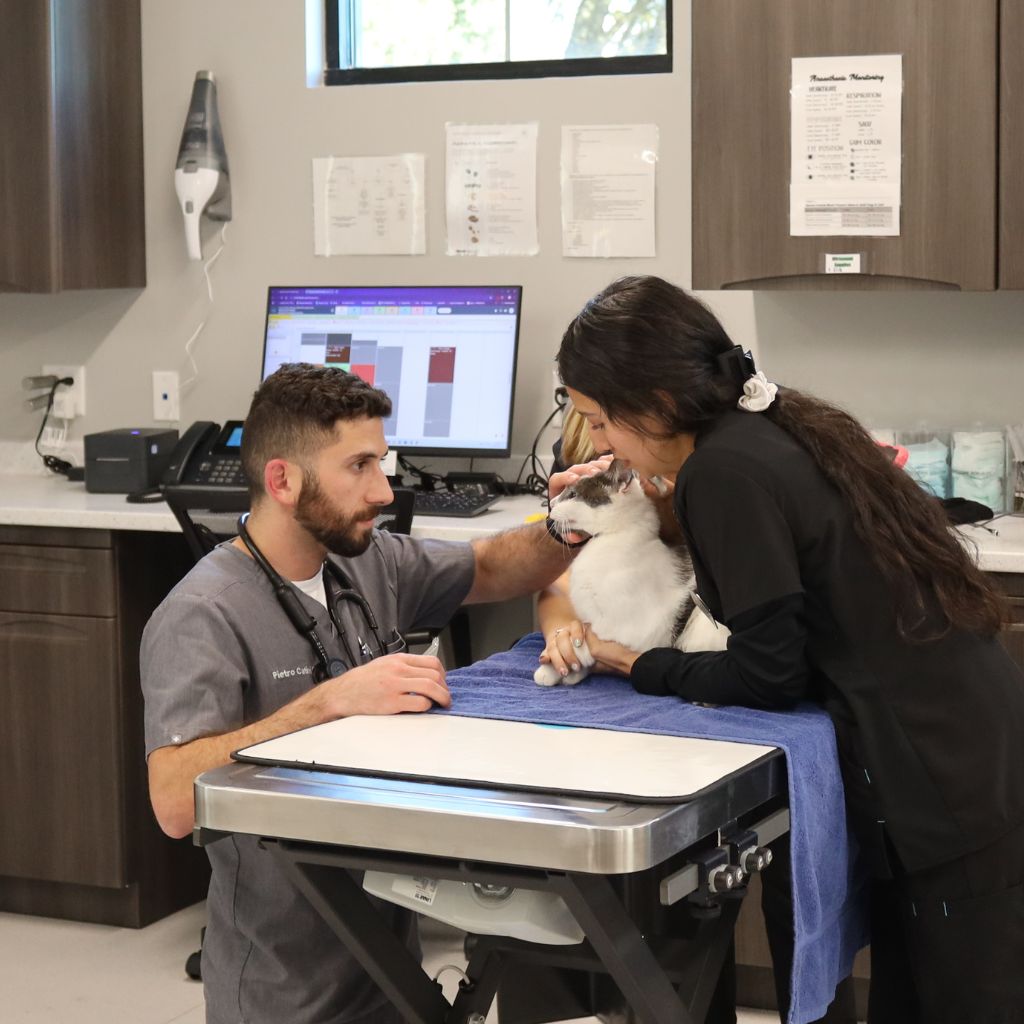
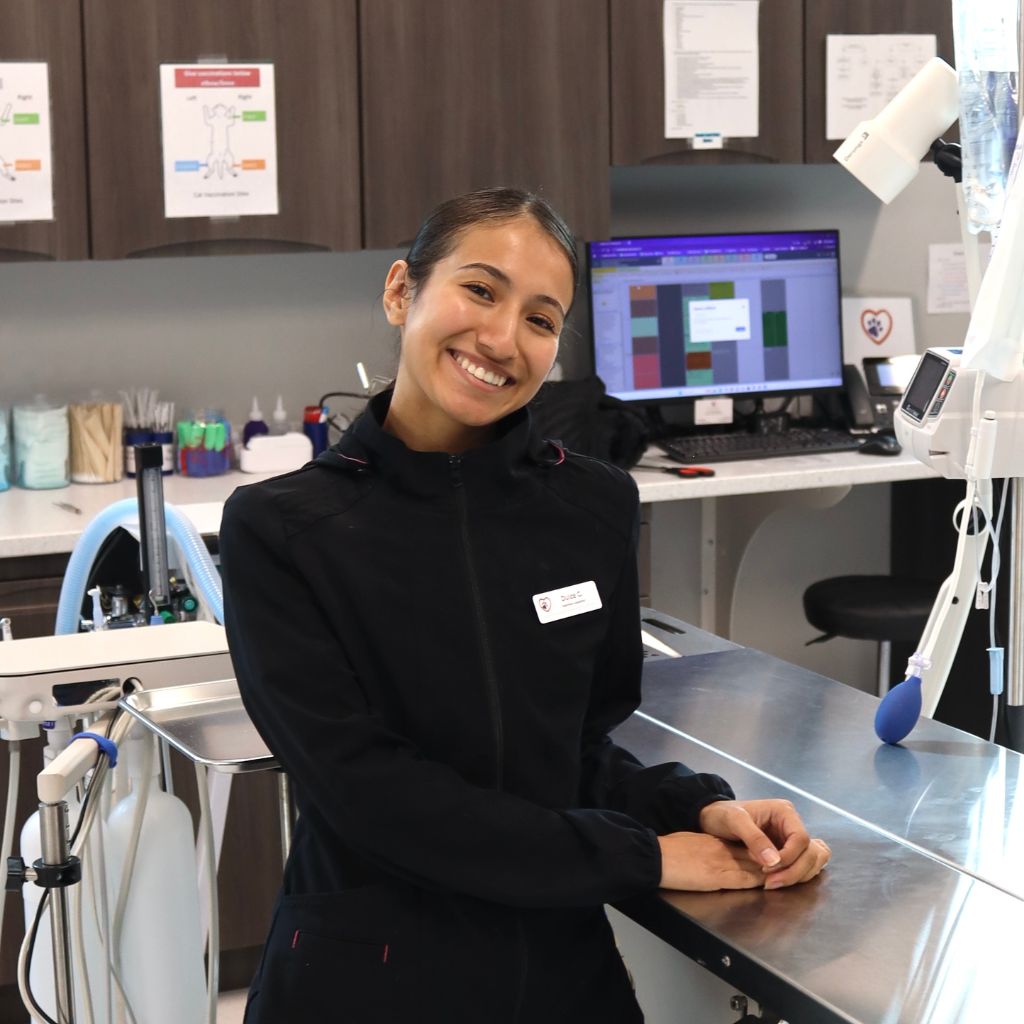
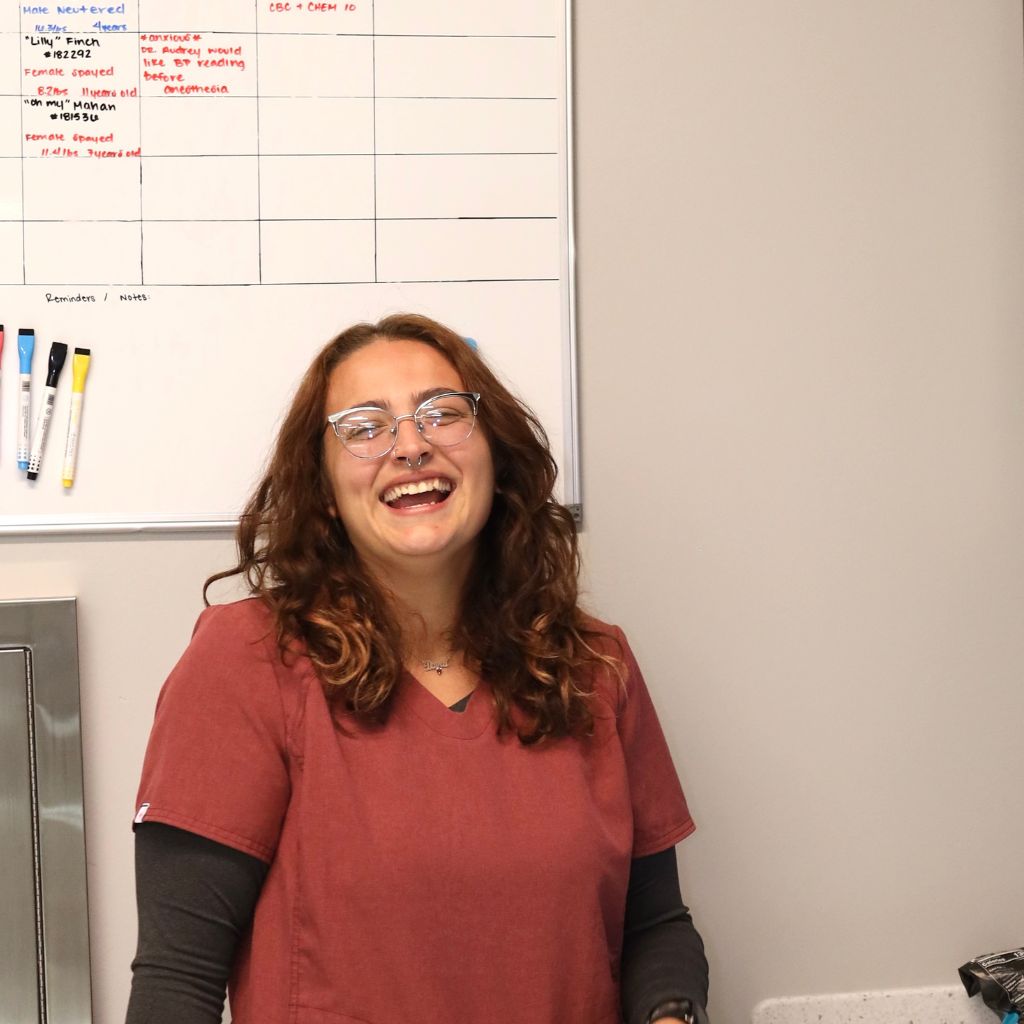
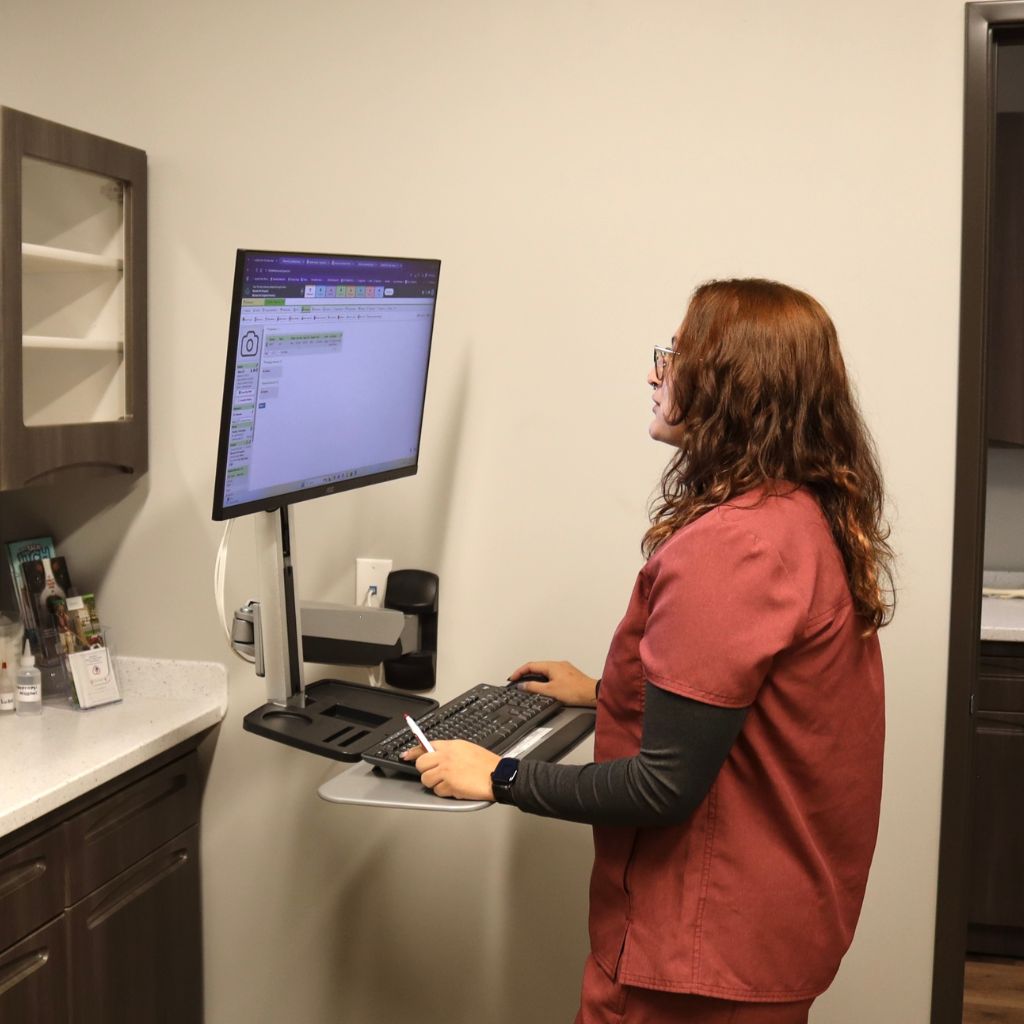
Professional dental cleanings for pets are much more thorough than what can be accomplished at home. Our dental procedures include a comprehensive approach designed to thoroughly assess and treat your pet’s oral health.
Unlike human dental visits, pet dental cleanings require general anesthesia to ensure your pet remains comfortable and still during the procedure. We understand that some pets may be nervous or anxious patients, which is why we take extra care to ensure their comfort when they undergo anesthesia. This allows our veterinarians to perform a complete examination, take dental X-rays, and clean both above and below the gumline where harmful bacteria grow.
During your pet’s dental appointment at Murieta Pet Hospital, we handle the following when performing dental procedures:
Conduct an oral examination to check for abnormalities, growths, broken teeth, or other issues
Take dental radiographs (X-rays) to evaluate tooth roots and bone structure
Remove plaque and tartar from tooth surfaces using specialized instruments
Clean under the gumline to remove hidden bacteria and debris
Check for retained baby teeth bleeding or other developmental concerns
Polish teeth to create smooth surfaces that resist plaque buildup
Add a protective sealant to prevent future tooth decay
Perform extractions of severely damaged teeth if necessary
Each pet gets individualized care based on their specific needs, with safety monitoring throughout the procedure. Our modern dental equipment allows us to perform these services efficiently, minimizing the time your pet spends under anesthesia.
The new Murieta Pet Hospital is open, and I took my dog there this week for a Covid-overdue checkup. The staff was friendly and very knowledgeable. The vet was meticulous in his exam, and explained their SOPs very well. I am impressed with their professionalism and their care of my furry guy. I highly recommend!
- Cynthia MOur first visit and it was great! Everyone was so kind. Dr. P was amazing with our Bentley. He was loving, kind and thorough. So glad they’re here!
- Karen M.I cannot recommend Dr.Sam and his staff more than I already do. They’re all so amazing. I don’t trust too many people with my dog Beau and Beau doesn’t love many people. Going here, he gets along with all the staff and they truly do feel like family. I can really feel the love they all have for their job. Beau and I leave happy every time we see the vet. Thank you Dr. Sam and staff!!
- Cailey C.We were not clients of Murieta Pet Hospital at the time of our pet’s unexpected and numerous vomiting episodes of blood, etc.early one morning this week. We called MPH and left a message at 7:00AM and rec’d a call back shortly saying we could bring Henry in at 9:30AM. Dr. Pietro resolved the issue within the hour. The charges were reasonable, the advice and care excellent and the convenience of the location in RM outstanding. Most of all, we appreciated the prompt response, the kindness from the front office, Dr P. himself and, of course, the outcome.
- Marsha C.We provide thorough and caring support for your pet’s well-being and joy, offered by our skilled medical staff.
Our experienced veterinarians provide many surgical services at our clinic, ranging from routine to advanced procedures.
Our skilled team delivers comprehensive medical care, equipped to handle everything from routine visits to complex conditions. Our state-of-the-art facility offers:
Regular wellness exams and vaccinations are essential to your pet’s long-term health. Our comprehensive wellness programs include:
Our experienced team provides specialized care for exotic pets, from routine checkups to advanced treatments. We offer services for:
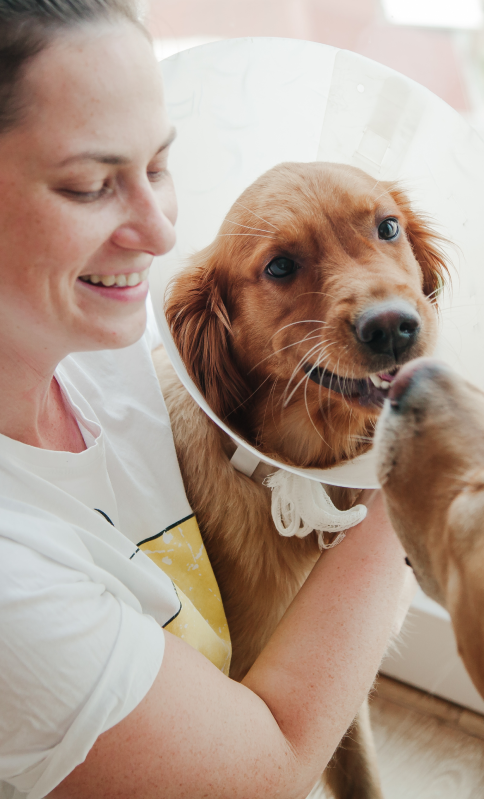
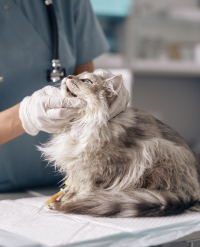

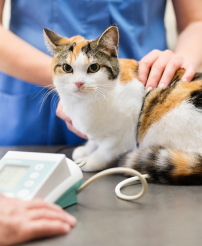
Dental disease affects more than just your pet’s mouth—it has far-reaching consequences for their entire body. The connection is well-established in veterinary medicine.
When bacteria from dental infections enter the bloodstream, they can travel throughout the body, potentially affecting vital organs. Studies have shown the following:
Heart: Bacteria from dental infections can attach to heart valves, causing endocarditis (inflammation of the heart’s inner lining). Chronic dental infections may contribute to heart disease by triggering inflammatory responses throughout the body.
Kidneys: The kidneys filter bacteria from the blood, but persistent dental infections can overburden this filtering system, potentially contributing to kidney disease, especially in older pets.
Liver: This vital organ can become stressed when constantly filtering bacteria and inflammatory compounds released from oral infections.
Additionally, uncontrolled dental disease can complicate the management of other conditions like diabetes, as infections anywhere in the body can affect blood sugar control. The chronic inflammation associated with dental disease can also worsen joint pain in arthritic pets.
By maintaining your pet’s dental health, you’re not just preventing bad breath and tooth loss—you’re protecting their entire body from the effects of chronic infection and inflammation.
Professional cleanings form the cornerstone of your pet’s dental health plan, but daily home care significantly extends the benefits of these professional treatments. Establishing a routine early in your pet’s life makes the process easier for both of you.
The gold standard for at-home dental care is regular tooth brushing using pet-specific toothpaste (never use human toothpaste, which contains ingredients toxic to pets). Start slowly, so your pet can get used to having their mouth handled before introducing a toothbrush. Even brushing a few times weekly can make a significant difference in controlling plaque.
For pets that resist brushing, alternatives include dental wipes, water additives, and dental diets. These products are formulated specifically to reduce plaque and tartar accumulation. Our veterinary team can demonstrate proper brushing techniques and recommend appropriate dental products based on your pet’s specific needs and preferences.
Remember that dental treats and toys should be appropriately sized for your pet and suitable for their chewing style to prevent choking hazards. While these products can help reduce plaque, they don’t replace the need for professional cleanings.
Pets can’t tell us when they’re experiencing dental pain, but they often show behavioral and physical symptoms that indicate dental problems. Being aware of these signs can help you seek treatment before the condition becomes severe.
Watch for these physical signs that may indicate your pet is suffering from dental disease:
Additionally, loose, broken, or missing teeth require immediate attention, as do growths or abnormalities in the mouth. Excessive drooling, especially if the saliva contains blood, frequently signals dental pain or infection.
Your pet may also demonstrate behavioral changes when experiencing dental discomfort:
Difficulty eating, such as dropping food, chewing on one side, or reluctance to eat hard foods, often indicates oral pain. Pawing at the face or mouth suggests your pet is trying to relieve discomfort. Reduced grooming in cats can occur because the mouth pain makes licking uncomfortable. Some pets become irritable or withdraw from interaction when suffering from dental pain.
If you notice any of these signs, scheduling a dental examination at Murieta Pet Hospital should be a priority. Early intervention not only alleviates your pet’s pain but also prevents more serious health complications.

Most pets benefit from annual professional pet teeth cleaning, though some may require more frequent care based on their individual needs. During your pet’s dental exam, our veterinarians assess the condition of your pet’s teeth and gums to determine the appropriate schedule. Pets with a history of dental issues or breeds prone to dental problems may need cleanings every six months. Regular professional care, combined with daily home care, helps prevent the progression from minor plaque buildup to advanced periodontal disease that could require more intensive treatment.
If our veterinarians discover that your pet requires dental surgery during the dental procedure, we’ll discuss the findings with you before proceeding. Common surgical interventions include tooth extractions for severely damaged or infected teeth, or treatment for advanced periodontal disease. Our team uses modern techniques and pain management protocols to ensure your pet’s comfort throughout any surgical procedure. We’ll explain why the surgery is necessary, what it involves, and provide detailed aftercare instructions to support your pet’s recovery and long-term oral health.
Dental chew toys can be beneficial supplements to your pet’s dental care routine, though they shouldn’t replace professional cleanings or daily brushing. Quality dental chews help reduce plaque accumulation along the gum line through the mechanical action of chewing. However, it’s important to choose appropriately sized toys for your pet and supervise their use to prevent choking. While these products can help maintain oral health between professional cleanings, they cannot address existing gum disease treatment needs or replace the thorough cleaning that only a professional dental procedure can provide.
Poor oral health in pets often manifests through several observable signs that pet owners should watch for carefully. Bad breath is typically the first indicator, followed by yellow or brown tartar buildup along the gum line. Red, swollen, or bleeding gums suggest developing gum disease that requires professional gum disease treatment. Behavioral changes like difficulty eating, pawing at the mouth, or reluctance to have their face touched also indicate dental discomfort. If you notice any of these symptoms, scheduling a dental exam promptly can prevent progression to advanced periodontal disease.
Preparing your pet for their dental exam begins with ensuring they’re healthy enough for the dental procedure, which typically requires general anesthesia. We’ll perform pre-anesthetic bloodwork to check organ function and discuss your pet’s medical history. On the day of the cleaning, your pet should fast for 8-12 hours before the procedure. Bringing a list of questions about post-procedure care and home dental maintenance will help you support your pet’s ongoing oral health. Our team will guide you through every step and provide detailed aftercare instructions following your pet’s dental exam.
Don’t wait any longer to forge a lifelong relationship with your friendly veterinarian.

Dental disease is one of the most common yet preventable health issues affecting pets. At Murieta Pet Hospital, we’re committed to helping your pet maintain great oral health throughout their life. Our veterinary team provides gentle, thorough dental care in a warm, family-oriented environment where your pet’s comfort is always a priority.
Don’t wait until dental problems become painful or lead to serious health complications. Our state-of-the-art dental equipment and advanced training allow us to provide the highest quality dental care for your beloved pet. We recommend annual dental examinations and professional cleanings for most pets, with more frequent care for those predisposed to dental issues. Contact Murieta Pet Hospital today at (916) 885-0288 or through our online contact form to schedule your pet’s comprehensive dental assessment.